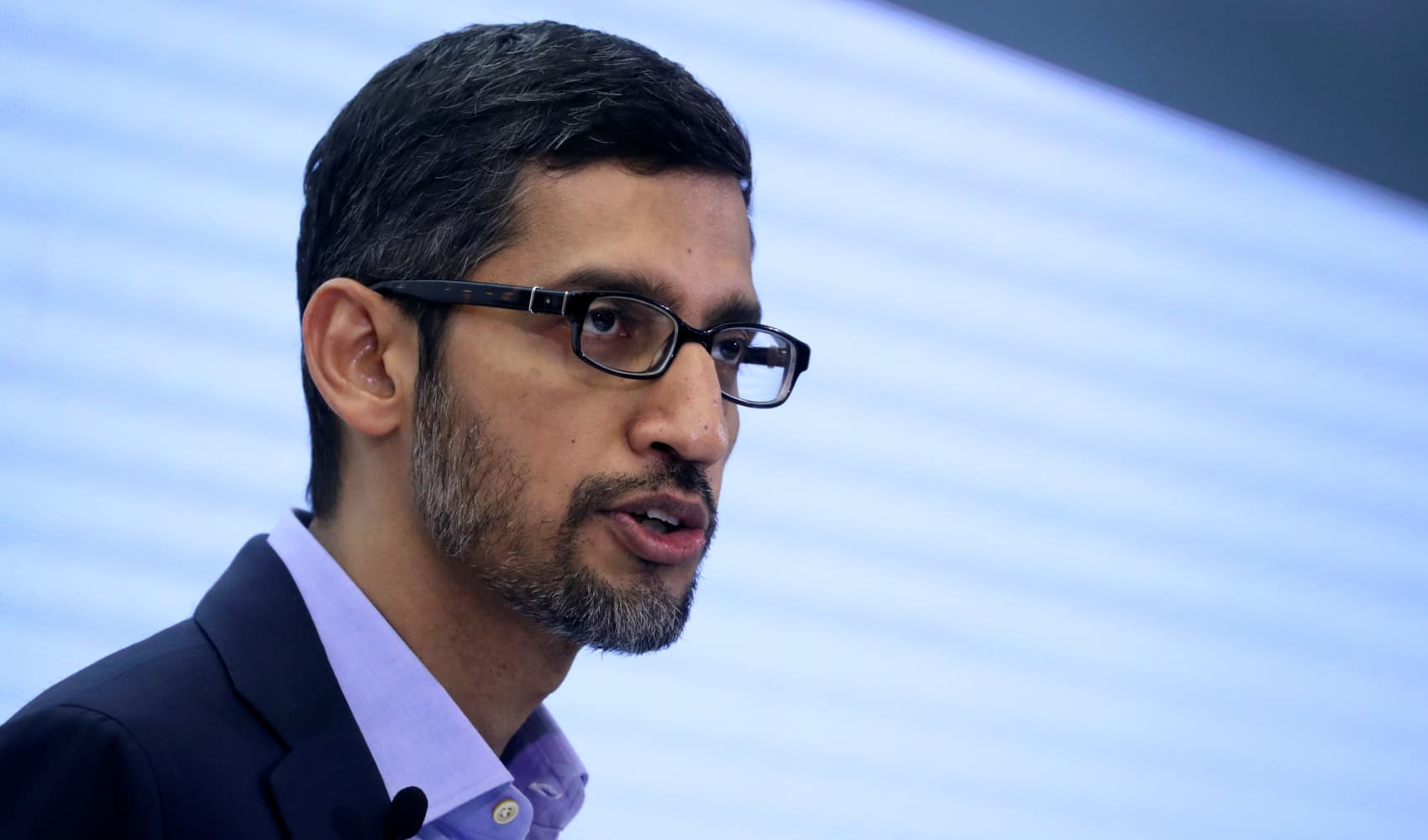
April is Financial Literacy Month and to celebrate, CNBC is featuring advice from some of our contributors. Here's how they think about financial literacy and its impact on their lives.
CNBC contributor Stephanie Link is the chief investment strategist and portfolio manager at Hightower, a wealth management firm that provides retirement planning services to individuals. Straight out of college, Link received advice that would shape her long-term investment philosophy.
"Right out of college, my father suggested that I take money out of my paycheck and put it into the S&P 500, into an ETF, and just dollar cost average each month. Put it away. He said you'll never see it. You won't miss it. And he said it could be $5, it could be $25. But it was the point of investing over the long term and not worrying about the day-to-day movements in the markets. And I still to this day use this process in my investment style."
Get San Diego local news, weather forecasts, sports and lifestyle stories to your inbox. Sign up for NBC San Diego newsletters.
The Latino population, more than 63 million people, is the fastest-growing ethnic group in the U.S. But Esther Aguilera, president and CEO of the Latino Corporate Directors Association, says that the Latino community still lacks access to core personal financial products and the financial industry needs to do a better job of narrowing that gap.
"Did you know that 12% of Latino households are unbanked and another 22% are underbanked? This Financial Literacy Month, let's remember investing in Latinos is smart business."
Money Report
For Jim Lebenthal, a CNBC contributor and chief equity strategist at financial advisory firm Cerity Partners, being a financially literate investor means understanding the potential risks as much as the potential for returns from an investment. And this focus on risk has to go beyond stocks.
"When I say investment, it can be more than just a stock or bond. It can be an entire investment plan, an entire asset allocation."
Finance can be confusing. In fact, some institutions rely on industry jargon and complicated language to convince the average person that they can't understand finance like the pros.
For Guy Adami, a CNBC contributor and director at Private Advisor Group, financial literacy can empower investors to ask better questions, and this, in turn, will make the financial industry better overall. And he says recent history provides a compelling reason why individuals shouldn't trust the industry to know better.
"The great mythology for years was nobody understands money better than we do. We, being Wall Street. Well, 2008 and 2009 proved that to be exactly the opposite. We now can ask questions that we never asked Wall Street before."
Understanding how the financial system works will increase personal wealth, according to CNBC contributor Nelson Reyneri, who is ESG principal at consulting firm Point B and Chair Elect of the U.S. Hispanic Chamber of Commerce. He learned from personal experience.
"I arrived along with my family when I was three and a half years old from Cuba. And we didn't have anything but $50 and a lot of dreams. But what we learned was that we live in a country, that for those who are willing to learn how the financial system works, educate themselves and work hard, there are pathways to increasing personal wealth. It's an exciting journey and I encourage all Americans to take advantage of a lot of the free resources to educate themselves more on personal finance."
People can improve their financial literacy for free, in most cases, with resources from sites like the Council for Economic Education.
SIGN UP: Money 101 is an 8-week learning course to financial freedom, delivered weekly to your inbox. For the Spanish version Dinero 101, click here.
CHECK OUT: The 7 levels of financial freedom, according to a self-made millionaire — 50% of U.S. workers are at Level 2 with Acorns+CNBC
Disclosure: NBCUniversal and Comcast Ventures are investors in Acorns.






